Manasika Roga: Ayurveda's Approach to Mental Health on World Mental Health Day
World Mental Health Day is a reminder of the importance of mental well-being. While modern medicine has made significant strides in understanding and treating mental health issues, many ancient healing traditions also offer valuable insights. Ayurveda, the ancient Indian system of medicine, provides a holistic approach to mental health through its understanding of Manasika Roga, or mental disorders.
In Ayurveda, the mind and body are intricately connected. Manasika Roga encompasses a wide range of mental health conditions, from mild stress and anxiety to more complex disorders like depression and schizophrenia. Ayurveda recognizes that imbalances in the mind can manifest physically, affecting our overall health.
Central to Ayurvedic philosophy are the three doshas: Vata, Pitta, and Kapha. These doshas govern various aspects of our physiology and psychology. In the context of mental health, they play a crucial role:
Vata: When Vata is dominant, it can lead to anxiety, restlessness, and insomnia. People with Vata-dominant constitutions may be more prone to worry and fear.
Pitta: An excess of Pitta can result in anger, irritability, and aggression. Pitta individuals may be more prone to stress and perfectionism.
Kapha: Kapha imbalance can lead to lethargy, depression, and emotional attachment. Kapha individuals may struggle with motivation and a sense of purpose.
Ayurveda takes a holistic approach to healing mental health issues, focusing on restoring balance to the mind, body, and spirit. It emphasizes:
1. Diet: Ayurvedic dietary principles aim to balance the doshas. Specific foods and spices are recommended to soothe and nourish the mind.
2. Meditation and Yoga: Meditation and Yoga play a vital role in Ayurvedic mental health therapy. These practices help calm the mind, reduce stress, and improve mental clarity.
3. Herbal Remedies: Ayurveda uses a variety of herbs to treat mental health issues. Herbs like Ashwagandha and Brahmi have been traditionally used to reduce anxiety and improve cognitive function.
4. Lifestyle Modifications: Ayurvedic lifestyle recommendations include maintaining a regular daily routine (Dinacharya), getting adequate sleep, and avoiding excessive sensory stimulation.
5. Mindfulness: Ayurveda encourages cultivating mindfulness and self-awareness, helping individuals understand the root causes of their mental imbalances.
Yoga therapy, an integral part of Ayurvedic practice, complements these principles by offering physical postures (asanas), breath control (pranayama), meditation, and mindfulness practices. These techniques not only promote relaxation but also help individuals manage stress, anxiety, and depression
As we observe World Mental Health Day, it's essential to recognize and appreciate the holistic approach to mental well-being offered by Ayurveda. Manasika Roga is a reminder that mental health is intricately linked to our physical health and spiritual harmony. By embracing the wisdom of Ayurveda and incorporating its principles into our lives, we can achieve a state of balance and inner peace.
Remember that mental health is a journey, and seeking support from Ayurvedic practitioners and Yoga therapists can be a valuable step towards achieving and maintaining mental well-being. This World Mental Health Day, let us celebrate the holistic approach of Ayurveda and work together to promote mental health awareness and break the stigma surrounding mental health issues.
